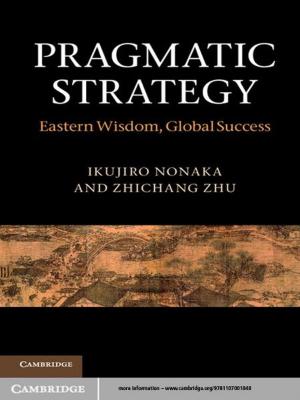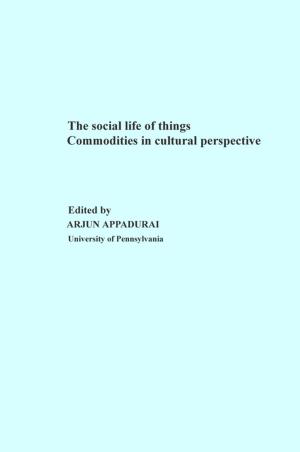| Author: | Kiri Paramore | ISBN: | 9781316666098 |
| Publisher: | Cambridge University Press | Publication: | April 18, 2016 |
| Imprint: | Cambridge University Press | Language: | English |
| Author: | Kiri Paramore |
| ISBN: | 9781316666098 |
| Publisher: | Cambridge University Press |
| Publication: | April 18, 2016 |
| Imprint: | Cambridge University Press |
| Language: | English |
For more than 1500 years, Confucianism has played a major role in shaping Japan's history - from the formation of the first Japanese states during the first millennium AD, to Japan's modernization in the nineteenth century, to World War II and its still unresolved legacies across East Asia today. In an illuminating and provocative new study, Kiri Paramore analyses the dynamic history of Japanese Confucianism, revealing its many cultural manifestations, as religion and as a political tool, as social capital and public discourse, as well as its role in international relations and statecraft. The book demonstrates the processes through which Confucianism was historically linked to other phenomenon, such as the rise of modern science and East Asian liberalism. In doing so, it offers new perspectives on the sociology of Confucianism and its impact on society, culture and politics across East Asia, past and present.
For more than 1500 years, Confucianism has played a major role in shaping Japan's history - from the formation of the first Japanese states during the first millennium AD, to Japan's modernization in the nineteenth century, to World War II and its still unresolved legacies across East Asia today. In an illuminating and provocative new study, Kiri Paramore analyses the dynamic history of Japanese Confucianism, revealing its many cultural manifestations, as religion and as a political tool, as social capital and public discourse, as well as its role in international relations and statecraft. The book demonstrates the processes through which Confucianism was historically linked to other phenomenon, such as the rise of modern science and East Asian liberalism. In doing so, it offers new perspectives on the sociology of Confucianism and its impact on society, culture and politics across East Asia, past and present.















